Malcolm Turnbull faces Nationals backlash after poll slump
Australian politics has been rocked by another swing against the Coalition in a clear threat to the PM and his government.
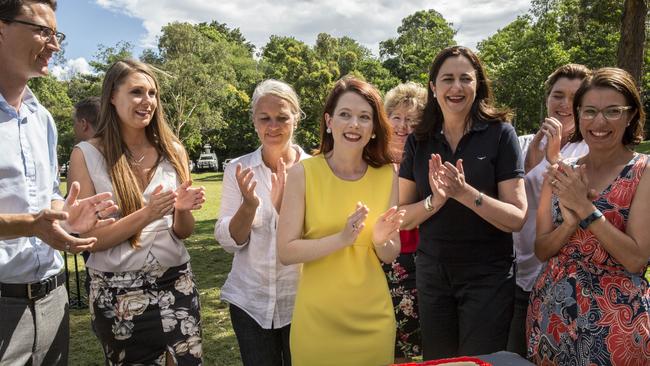
Australian politics has been rocked by another swing against the Coalition in a clear threat to Malcolm Turnbull and his government, as Queensland voters put Labor Premier Annastacia Palaszczuk on a path back to power in the wake of a splintering of conservative support.
Voters turned against the Liberal National Party to give Labor a strong chance of securing the 47 seats needed to form majority government, marking another stage in a national trend that has seen the Coalition parties lose 1.5 million votes in seven elections over the past three years.
The brutal verdict threatens to rupture the Queensland conservative party, as Nationals leaders call for a stronger voice against their Liberal colleagues, fuelling talk of a formal decision to dump the single-party structure in the key state. Alarmed at the backlash, federal Nationals and Liberal MPs are calling for an immediate change in direction from the Prime Minister and his government to prevent a wipe-out at the next election as they lose votes to Labor and Pauline Hanson’s One Nation.
The 7.8 per cent primary vote swing against the LNP on Saturday would see the Coalition lose a swag of federal seats if the trend were repeated at the next election, enough to destroy the Turnbull government and put Bill Shorten in power.
Veteran Nationals identity and former Queensland senator Ron Boswell called for a new approach to the LNP to deal with the One Nation threat, adding that it was a mistake for the LNP to do a preference deal with the minor party. “I just don’t think it works,’’ he said of the LNP merged structure.
“When you look at when they (One Nation) first ran, we fought them off as a National Party in a federal campaign — we won every one of our seats and took a seat from the Liberals. It’s very, very difficult to do that as the LNP; the blue-collar workers don’t identify, don’t understand it. The two parties have different value systems and identities, and I think the people who voted for One Nation would have stuck with candidates from the Nationals.’’
A stronger Nationals brand appears certain federally, with Resources Minister Matt Canavan calling for changes in the wake of the Queensland result.
“I think what will be different at a federal election, in terms of the next election we’re facing, will be of course at a federal level we have a separate Nationals party room, we’ll have a separate Nationals campaign,” he said.
Former federal treasurer and Queensland MP Wayne Swan said Labor’s vote, which recorded only a 1.5 per cent swing against it, had proved resilient at the state poll and, if it extended federally, the party could pick up seats at the next election. “Federal Labor would be winning six, seven or eight seats, not just in the southeast, but also in regional Queensland,” Mr Swan said.
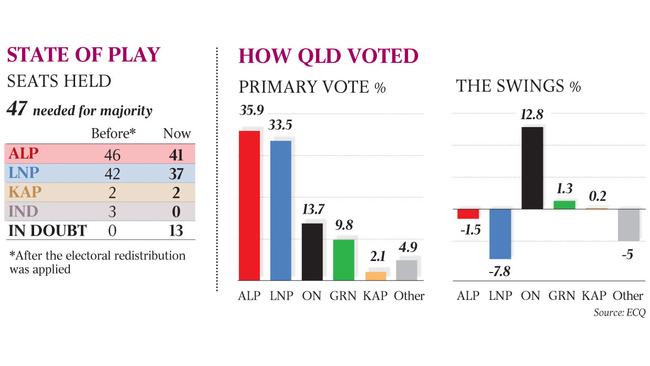
“If I was (Immigration Minister) Peter Dutton, for example, in Dickson, I would be very worried by this vote.”
Mr Turnbull insisted the state election was “fought on state issues” rather than a verdict on his government. Australians “know the difference between a state election and a federal election, they know the difference between state issues and federal issues, and that was a state election fought on state issues by competing state leaders”, he said.
Labor challenged Mr Turnbull to reject preference deals with One Nation while also pointing to the national trend against the conservative parties.
“The Liberals and Nationals are suffering from one end of Australia to the other as a result of the Turnbull government,” the Opposition Leader said. “From last night’s result, it’s clear that includes Queensland.”
In a display of voter discontent, both major parties lost ground, with Labor’s primary vote sinking to 35.9 per cent while the Coalition fell to 33.5 per cent. Among the federal MPs exposed to the shockwaves are Mr Dutton, who holds Dickson by just 1.6 per cent, and outspoken backbencher George Christensen, who holds Dawson by 3.3 per cent. Mr Christensen led calls for action from Mr Turnbull to heed the message from Queensland, issuing an apology to One Nation voters and blaming the federal government for the state result. “I’m sorry that we in the LNP have let you down and now we need to listen more, work harder, stand up more for conservative values and regional Queensland and do better to win your trust and your vote,” Mr Christensen said.
“I think a lot of that starts with the Turnbull government, its leadership and its policy direction.”
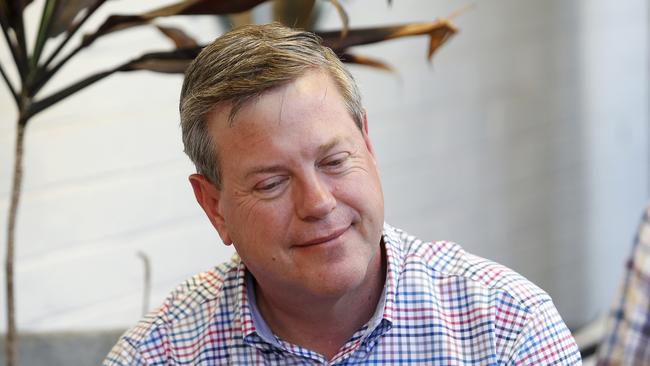
Other Coalition MPs rejected that assessment and warned against supporting Mr Christensen’s likely move in parliament to vote with Labor, the Greens and independents to set up an inquiry into the banking sector. Federal Liberal MP Warren Entsch, whose electorate of Leichhardt could fall to Labor if the state swing was repeated at the next election, said: “I think apologies aren’t necessary and there are a lot of good things that Malcolm Turnbull has done, but it’s difficult when George is always throwing rocks at him.”
Queensland MPs said they would take a more assertive approach to federal issues when the Senate resumes today and the House of Representatives meets next week, warning their communities needed more federal help for roads, hospitals and other infrastructure. Mr Boswell said it would be wrong to claim Coalition MPs had not done enough for the state. “They fight very hard and they are very successful in what they do,” he said. “We may have to sell it a bit better. Voters will repay you for it but you’ve got to be reminding them of it all the time.”
The Coalition has lost 1.5 million votes over the last three years in federal and state elections when its reversal in Queensland is added to the trend at the last federal election as well as state polls in Western Australia, NSW, Victoria and the Northern Territory. The calculation takes into account population growth to reflect the support the Coalition would have received if it had held its primary vote in the federal and state polls.





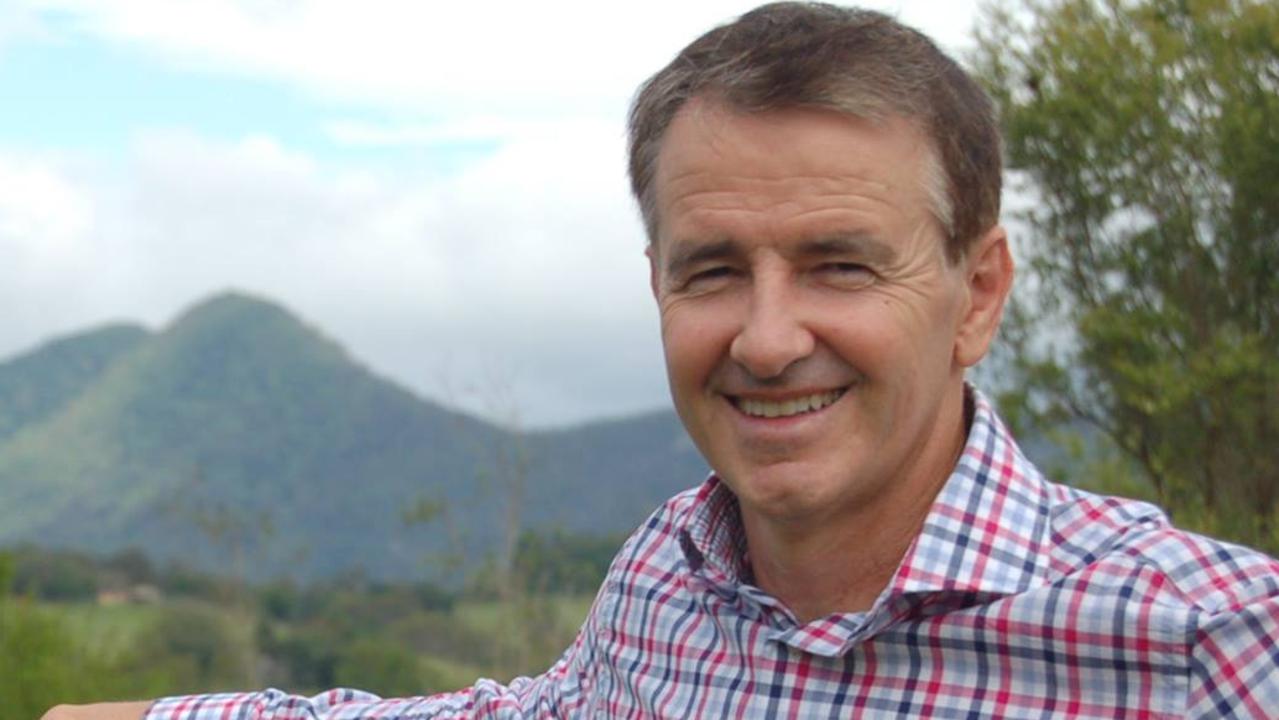
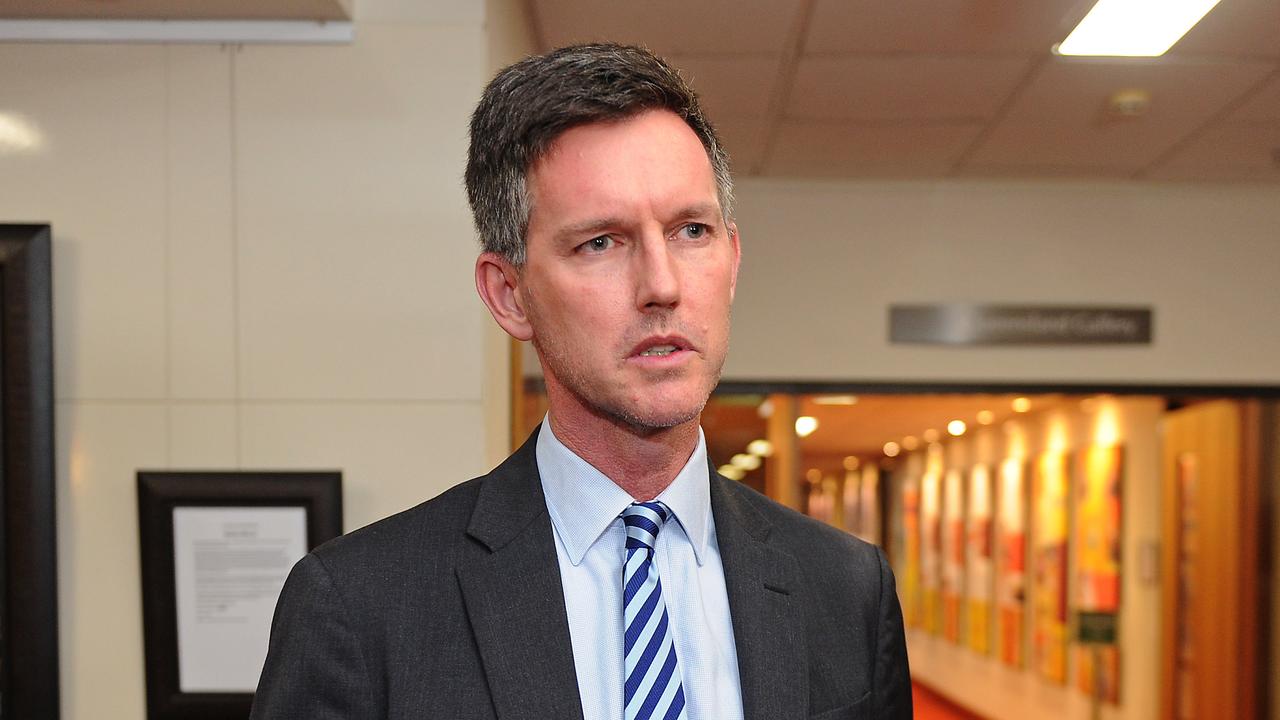
To join the conversation, please log in. Don't have an account? Register
Join the conversation, you are commenting as Logout